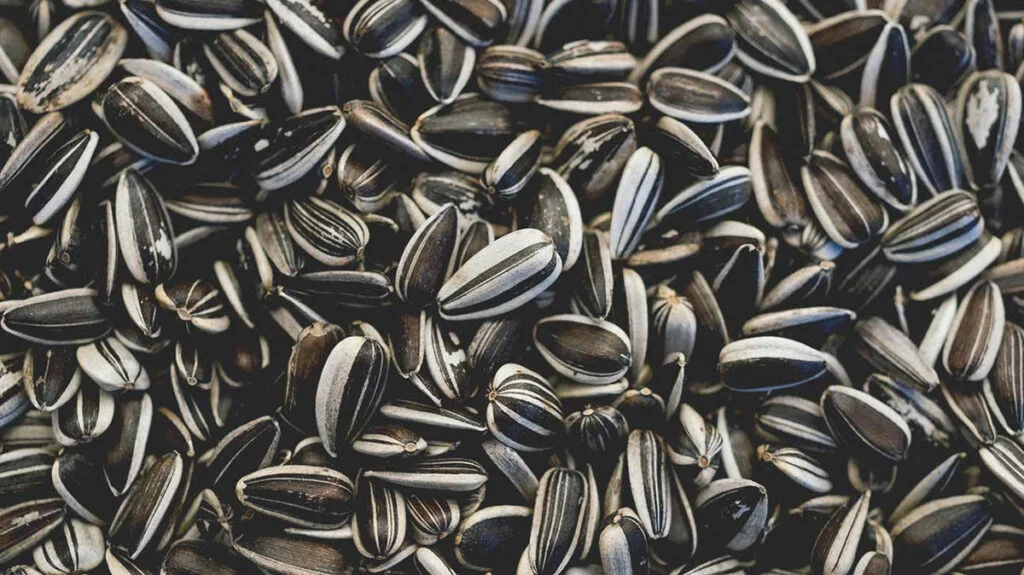Sunflower seeds are a popular snack enjoyed for their flavor and crunch. While nutritious, consuming them daily can have both positive and negative effects on your health.
The Benefits
Nutritional Value
Sunflower seeds are rich in essential nutrients, including vitamin E, magnesium, phosphorus, zinc, and healthy fats. These components contribute to skin health, cardiovascular function, and immune support.
Antioxidant Properties
Packed with antioxidants, sunflower seeds help combat free radicals, potentially reducing the risk of chronic diseases.
Mental Health Benefits
The seeds contain tyrosine, an amino acid that aids serotonin production, improving mood and reducing stress.
The Risks
High-Calorie Content
Sunflower seeds are calorie-dense. One serving (about a handful) can contain 600–700 calories. Overeating may lead to weight gain.
Excessive Fats
Though the fats in sunflower seeds are healthy, overconsumption can increase overall fat intake, potentially raising the risk of heart disease.
Dental Problems
Constantly cracking shells can damage tooth enamel, cause cracks, or lead to cavities.
Digestive Issues
The high fiber content may cause bloating or discomfort if consumed in large quantities, especially for those unaccustomed to a fiber-rich diet.
Salt and Additives
Salted sunflower seeds can contribute to high sodium intake, increasing the risk of hypertension and other health issues.
Tips for Healthy Consumption
- Practice Moderation: Limit intake to 1–2 handfuls per day.
- Choose Unsalted Options: Opt for seeds without added salt or flavorings to reduce sodium intake.
- Combine with Other Foods: Pair seeds with fruits or vegetables for a balanced snack.
Eating sunflower seeds can be a healthy habit when done in moderation. They provide valuable nutrients but should not be overconsumed due to potential risks like weight gain, dental issues, and digestive discomfort. Balance and variety in your diet are key to reaping their benefits while minimizing downsides.

